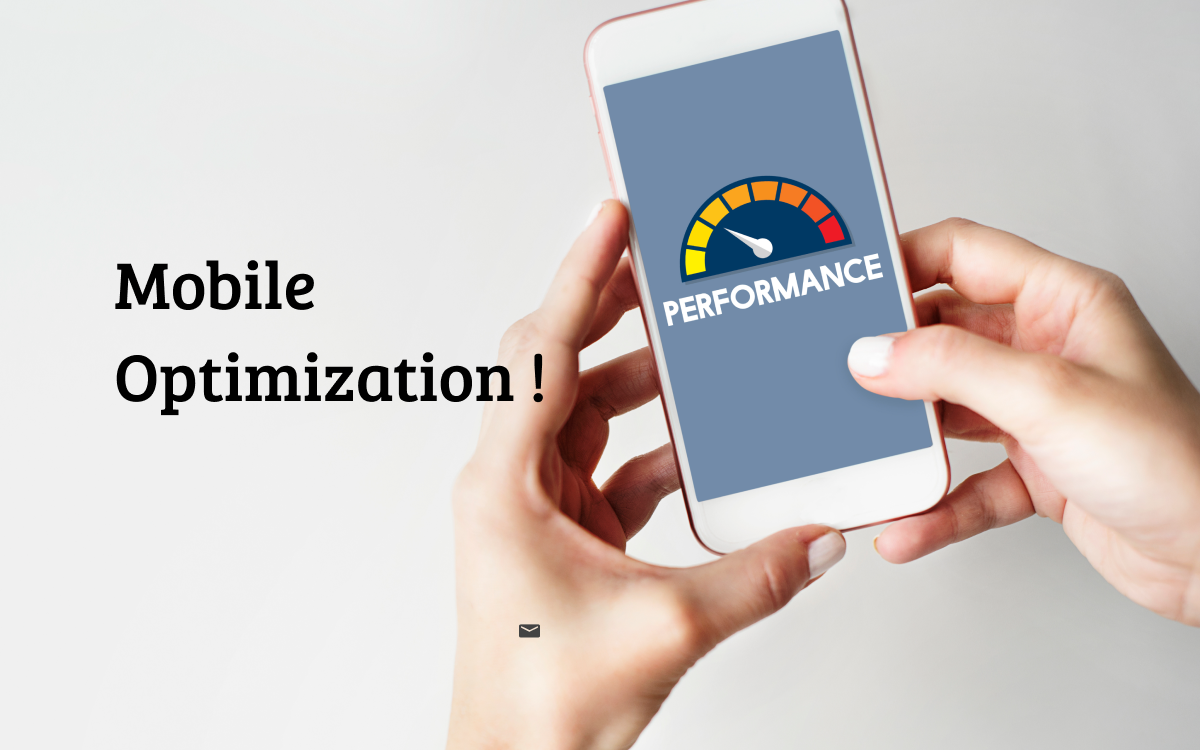Welcome to the future. Here, your small business competes not only with local stores but also with digital giants. It might feel like a David vs. Goliath situation, but unlike that ancient tale, you’re equipped with powerful 21st-century tools: AI, Automation, and Personalization.
These aren’t just buzzwords. These powerful tools are changing the way you market a small business. You’re not just managing a brand but crafting a meaningful experience for your audience.
To stay ahead of the curve, discover the key trends that will shape the marketing landscape in the years to come.
AI: More Than Just Robots

When the term’ Artificial Intelligence’ arises, it’s easy to think of robots and self-driving cars. However, for small business marketing firms, AI includes tools that streamline operations and facilitate data-driven decisions. With AI algorithms, you can analyze consumer behavior with unprecedented scale and accuracy.
These tools help you refine your strategies, optimizing resource utilization. AI offers various ways to boost engagement and sales, from customer service chatbots to algorithms predicting buying patterns. The goal? To complement, not replace, human creativity and ingenuity.
The growing importance of data positions AI as the essential tool for converting raw information into actionable insights. But remember, AI isn’t a ‘set it and forget it’ tool. It requires continuous monitoring and fine-tuning to adapt to shifting consumer preferences and market conditions.
Automation: Efficiency Meets Excellence
Who has time for manual data entry or sending out newsletters? Automation tackles these routine tasks, freeing your time for strategic planning. But don’t mistake automation for impersonality; it facilitates personalized content delivery, reaching the right person at precisely the right moment.
Imagine someone receiving an email about a product they were just contemplating—that’s the effectiveness of intelligent automation. Furthermore, automation extends its advantages beyond marketing, aiding inventory management and employee onboarding, thus facilitating scalable growth.
Personalization: The Importance Of Customer Focus
The era of generic marketing emails is over. Today, the more tailored your content, the higher the engagement. It’s not just about using a customer’s first name; think curated product recommendations and targeted promotions.
AI-driven data can supercharge your personalization efforts, making each customer interaction increasingly relevant. Staying competitive is no longer a mere advantage; it’s necessary, especially when competitors already employ personalized data analytics.
Conversational Marketing: Speak Their Language

The days of one-way advertising are behind you. Modern consumers crave engagement, making conversational marketing increasingly vital. Whether through chatbots or real-time customer service, instant responses can resolve queries and issues, enhancing customer satisfaction.
Use AI tools to anticipate common questions and provide proactive solutions. This proactive approach resembles a savvy sales associate who understands customer needs even before they walk in the door.
Content Still Reigns Supreme
You’ve heard it before: Content is king. However, not all content is created equal. The rise of short-form videos, podcasts, and interactive pieces means you need to diversify your content portfolio.
This isn’t about jumping on every new trend but delivering valuable content in your audience’s preferred formats. High-quality content is not only for attracting new customers; it’s also a vital tool for customer retention. By providing valuable, educational, or entertaining content, you’re not just selling but building a relationship.
Omni-Channel Experience: Consistency Is Key
Your customers aren’t confined to one channel, so why should your marketing be? Whether it’s an in-store visit, an online transaction, or an interaction on social media, the experience should be seamless. That’s what an omni-channel experience is all about.
Utilize a centralized database to keep track of customer interactions across various platforms. This ensures that whether a customer receives an email or speaks to a customer service representative, the message and the experience are consistent.
An omnichannel approach allows your customers the freedom to engage with your brand on their terms while ensuring that the quality and message of your brand remain consistent. It’s not about being everywhere at once but offering a unified experience across all channels.
Data-Driven Decision Making

You’re swimming in a sea of data, but are you making the most of it? Data-driven decision-making involves leveraging analytics to inform your marketing strategy. Instead of going with your gut, make choices based on concrete evidence.
Data provides not only hindsight but also valuable foresight. Predictive analytics can guide your future marketing moves, allowing you to be proactive rather than reactive. The insights can help you spot trends before they become mainstream, giving you a competitive edge.
Authenticity: The Invisible ROI
Authenticity is your most valuable asset in a world full of curated personas and filtered realities. People can sniff out a fake from miles away, and nothing disengages a potential customer faster than inauthentic messaging.
Authenticity starts from within. It’s not a marketing tactic; it’s a business philosophy. Make sure your actions align with your words. From sustainability efforts to community engagement, make your brand something people can believe in.
Your stories, your failures, and your successes make your brand authentic. Don’t shy away from sharing them. Your audience is looking for more than just a product or service. They’re looking for something, or someone, to believe in.
The Importance Of Mobile Optimization

You might have the best website and an incredible online store, but you’re losing a large chunk of your audience if they aren’t optimized for mobile. Over half of all online traffic now comes from mobile devices, and this number is only growing.
Mobile optimization ensures your site loads quickly, offers an intuitive user experience, and makes conversions as easy as possible for mobile users. Slow load times and cumbersome navigation can be deal-breakers.
Evolving With Social Media Algorithms

Just when you think you’ve cracked the code, social media platforms change their algorithms. Staying ahead requires constant adaptation and a keen eye for trends. Understanding the nuances of each platform’s algorithm can significantly impact your brand’s visibility.
Diversify your presence across different platforms but maintain a cohesive brand image and voice. Each venue offers unique advantages and reaches different demographics, so choose wisely based on your target audience.
Summing It Up
Adapting to the rapidly changing digital marketing landscape is a challenge, but it’s also an opportunity. Make the most of these emerging trends to not just survive but thrive in this digital era.
Remember, your brand is more than just numbers; it’s an amalgamation of stories, values, and relationships. Mastering these trends will help your small business stand out in a saturated market. The future of small business marketing is changing rapidly—seize the opportunity to adapt and succeed.










